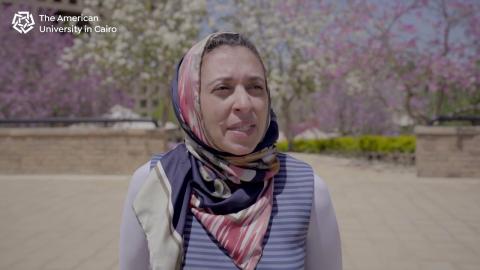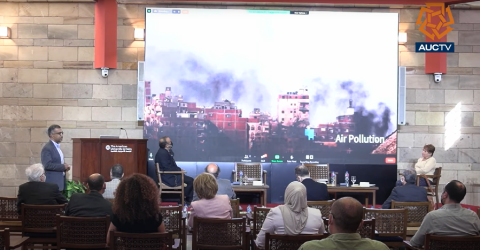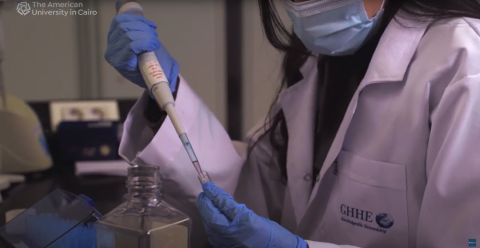
Heat Waves: A New Normal?
From Palmdale, California to Dazhou, China and all continents in between, unprecedented temperatures this summer have impacted the health of...
Global connections


Climate change is not simply the reported changes in temperature, melting of polar ice caps and rising sea levels. It is not just an issue of the weather with no direct or indirect consequences on ecological and human health. It is a global challenge since, after all, “environmental health is human health.”
The study of the global aging population is imperative, given how climate change and the associated chemicals — caused by changes in lifestyle and industrialization, including ultrafine and nanoparticle emissions and microplastic generation — have led to an increase in non-communicable disease, diabetes, cardiopulmonary and neurological conditions. This is addressed in the Longitudinal Study of Egyptian Healthy Aging (AL-SEHA). Part of the U.S.-based Health and Retirement Study network, this multisite-multidisciplinary study defines the psycho-socio-biological determinants of health and cognitive decline. Also noteworthy is the fact that the World Health Organization reports that non-communicable diseases pose the greatest challenge for low- and middle-income countries.
The WHO, National Institute of Environmental Health Sciences and Centers for Disease Control and Prevention agree that the most vulnerable populations to climate change are children and the elderly. Therefore, nutrition and food quality are key areas of investigation by global health scientists and students, particularly concerning child prenatal, perinatal and adolescent health.
The global health perspective on the UN’s Sustainable Development Goals is that the other 16 goals impact good health and well-being (Goal 3), proving that environmental health is, indeed, human health.
At AUC, global health scientists, including physicians, pharmacists, psychologists, dentists, statisticians, toxicologists, environmental scientists and health analysts, investigate the direct and indirect consequences of a changing climate and the impact of the pollutants generated by human activity on human health, which includes:
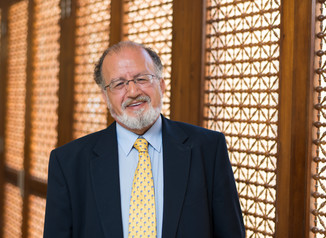 Hassan El-Fawal
Hassan El-Fawal

From Palmdale, California to Dazhou, China and all continents in between, unprecedented temperatures this summer have impacted the health of...
Global connections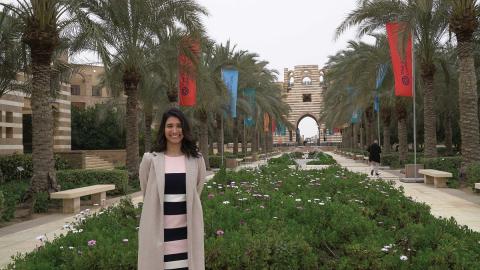
A comic character developed by an AUC student to raise public health awareness is becoming an official pharmaceutical mascot.While working a...
Arts and Culture
Pioneering a research registry on novel biomarkers found in early stages of dementia within the Egyptian population, Shimaa Heikal (MSc '22)...
Science and Tech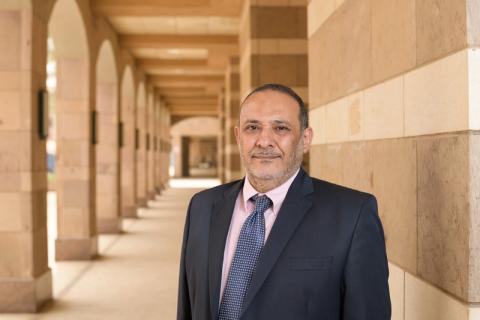
Led by Hassan Azzazy, distinguished University professor and chair of the chemistry department, AUC’s Scientific Advisory Committee is guidi...
University News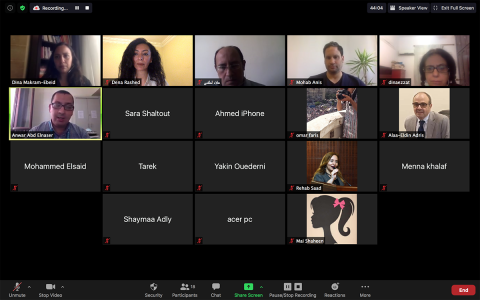
AUC's third Virtual Media Discussion centered on the Pandemic and Post-Pandemic Research and Innovation Initiative.
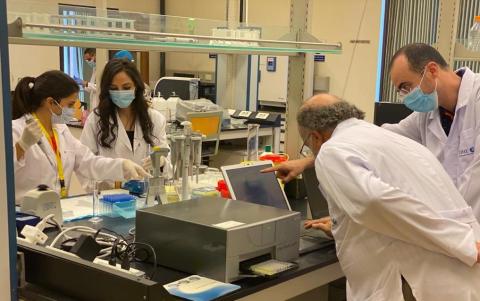
Mohamed Salama, visiting associate professor at AUC's Institute of Global Health and Human Ecology, physician and clinical neurotoxicologist...
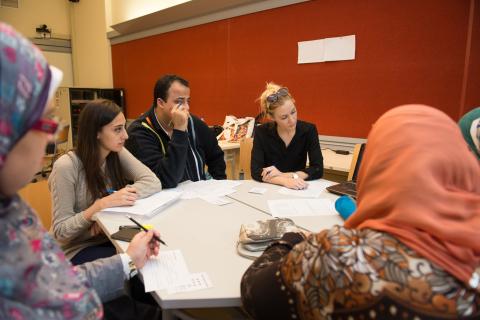
The newly launched Institute of Global Health and Human Ecology will house several graduate programs, including the new Master of Public Hea...
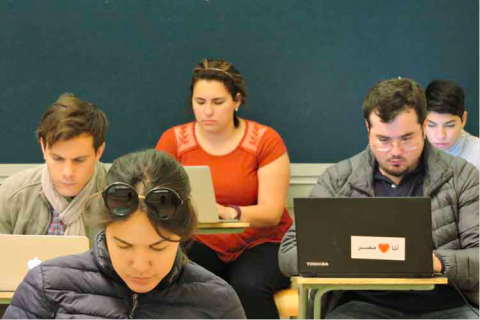
With new PhD specializations and master's in the fields of global public health and education, AUC's graduate programs continue to grow.
